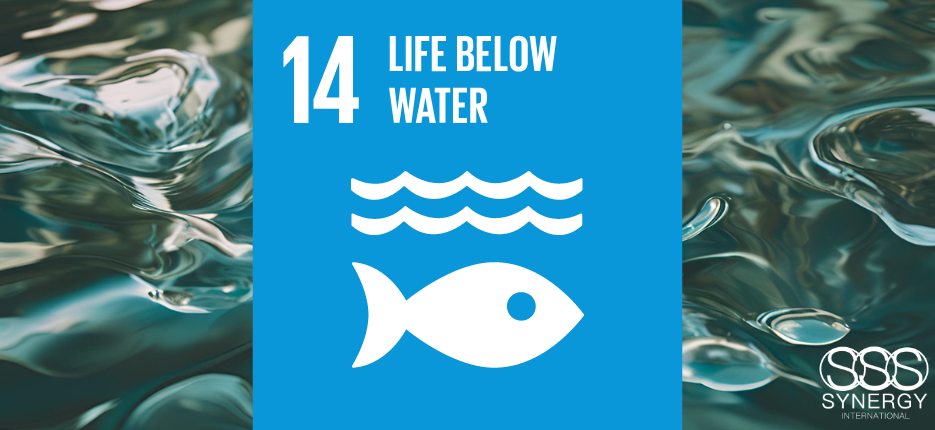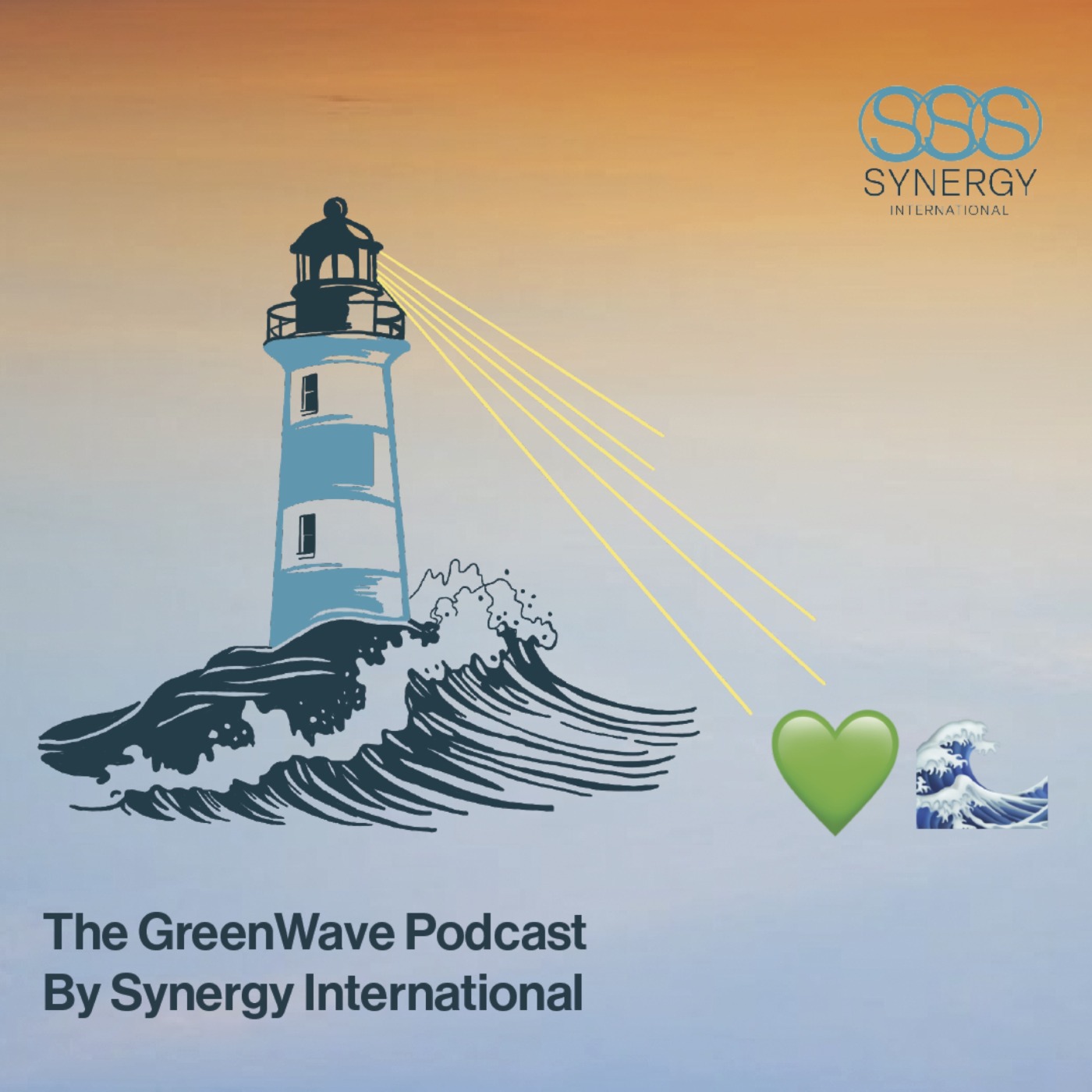SDG 14 Life Below Water
SDG 14 Life Below Water - The international treaties and legal regimes behind this sustainable development goal.

Sustainable Development Goal (SDG) 14, "Life Below Water,” is one of our favourites, being lifelong lovers of the surfing, diving, coral reefs and the majestic beauty and power of the world’s oceans. Every sustainable energy project that Synergy International backs has to comply with all the principles of SDG14. Behind the extraordinarily noble and obvious truths of SDG14 lies decades of effort from the UN and its various agencies to create the legal framework to support these goals. Below is an overview of these critical frameworks.
1. United Nations Convention on the Law of the Sea (UNCLOS)
UNCLOS, often referred to as the "constitution for the oceans," defines nations' rights and responsibilities concerning the use of the world’s oceans. It establishes guidelines for businesses, the environment, and the management of marine natural resources. UNCLOS also provides a legal framework for regulating ocean space, ensuring that nations do not exploit resources beyond sustainable levels.
2. Convention on Biological Diversity (CBD)
The CBD focuses on conserving biological diversity, promoting sustainable use of its components, and ensuring fair and equitable sharing of benefits arising from the use of genetic resources. This treaty is integral to marine conservation efforts, particularly through its focus on marine and coastal biodiversity.
3. Convention on the Prevention of Marine Pollution by Dumping of Wastes and Other Matter (London Convention)
The London Convention regulates the dumping of waste into the sea to prevent marine pollution. Its 1996 Protocol, a more comprehensive agreement, has strengthened the framework for protecting the marine environment from human activities.
4. International Convention for the Prevention of Pollution from Ships (MARPOL)
MARPOL is the primary international convention designed to prevent pollution of the marine environment by ships from operational or accidental causes. It covers various forms of marine pollution, including oil, sewage, and garbage.
5. Convention on International Trade in Endangered Species of Wild Fauna and Flora (CITES)
While CITES is broader than marine life, it plays a crucial role in protecting endangered species of marine animals from being over-exploited through international trade, supporting SDG 14.
6. Agreement on the Conservation of Cetaceans of the Black Sea, Mediterranean Sea and Contiguous Atlantic Area (ACCOBAMS)
This agreement aims to reduce threats to cetaceans (whales, dolphins, and porpoises) in Mediterranean and Black Sea waters and create a favorable conservation status for these species.
7. Ramsar Convention on Wetlands
Although focused on wetlands, the Ramsar Convention is highly relevant for coastal and marine ecosystems. It ensures the conservation and sustainable use of wetlands, especially those that are significant as waterfowl habitats, and promotes the wise use of all wetlands, contributing to SDG 14.
8. Agreement on Port State Measures (PSMA)
The PSMA is the first binding international agreement to specifically target illegal, unreported, and unregulated (IUU) fishing. By regulating port access for fishing vessels, the PSMA plays a critical role in ensuring sustainable fishery practices, a key objective of SDG 14.
9. The International Whaling Commission (IWC)
The IWC focuses on the conservation of whales and the management of whaling, contributing to marine ecosystem conservation and ensuring the survival of whale species in accordance with SDG 14.
10. Paris Agreement (with reference to ocean-related climate action)
The Paris Agreement under the United Nations Framework Convention on Climate Change (UNFCCC) addresses the impacts of climate change on oceans, promoting resilience and adaptation efforts to protect marine ecosystems from climate-related threats such as ocean acidification.
These frameworks create a comprehensive legal regime that supports SDG 14 Life Below Water, ensuring that oceanic resources are used sustainably while protecting marine ecosystems from environmental harm. Through global cooperation, these treaties guide efforts to mitigate the impacts of overfishing, pollution, and climate change on marine life.

